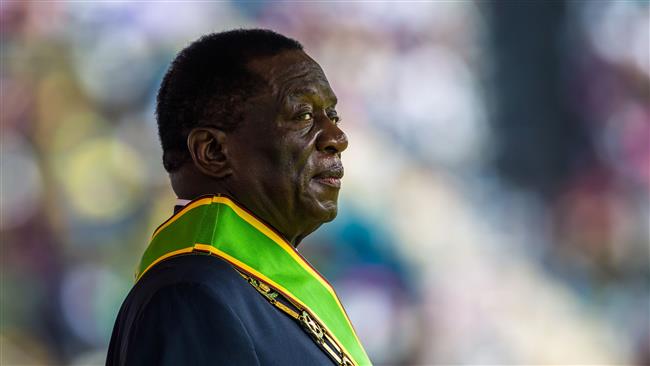Zimbabwe names military figures to cabinet posts


Zimbabwe’s new president, Emmerson Mnangagwa, appointed senior military officials to top posts in his new cabinet and chose a veteran cabinet minister to head the finance ministry.
Mnangagwa was sworn in as president last Friday after 93-year-old Robert Mugabe quit under pressure from the army.
He named Patrick Chinamasa as finance minister, Air Marshal Perrance Shiri land minister, and Major General Sibusiso Moyo foreign minister, among other appointments.
He also brought back many faces from the Robert Mugabe-era, which could disappoint Zimbabweans who had been expecting a broad-based government and a break with the past.
Chinamasa, a former finance minister in Mugabe’s government, moved to a newly-created ministry of cyber security in a reshuffle last month. The cyber portfolio has been folded into the information ministry headed by a former deputy minister in Mugabe’s government, Supa Mandiwanzira.
Mnangagwa is under pressure to deliver, especially on the economy, which is in the grip of severe foreign currency shortages that have seen banks failing to give customers cash.
He told heads of government ministries on Tuesday that he was putting together a “leaner” government, which would see the merging of some departments to enhance efficiency.
(Source: Reuters)







